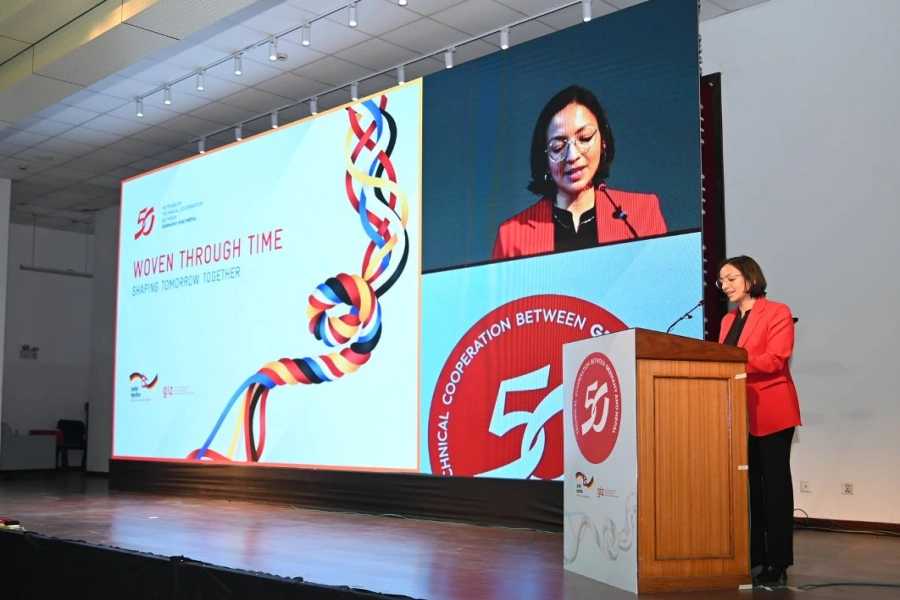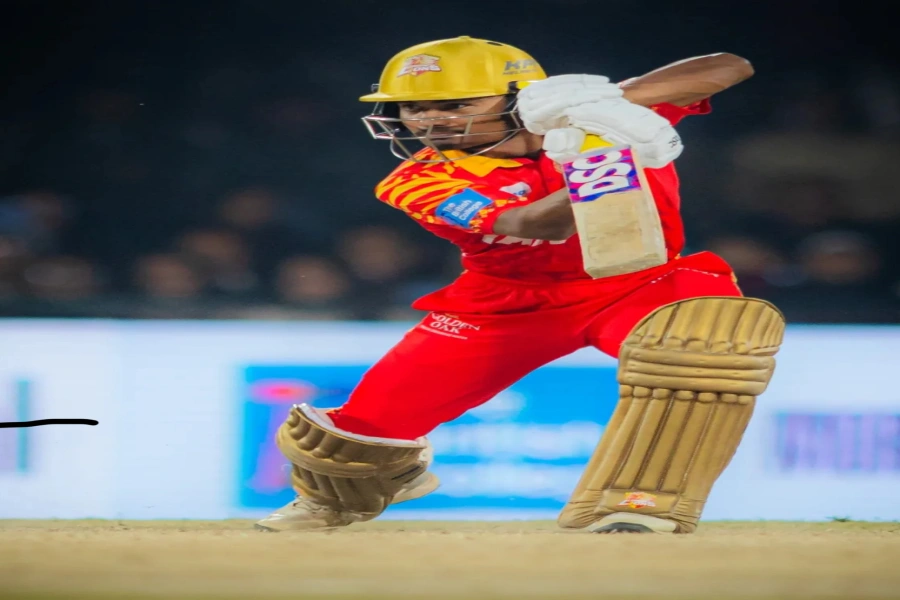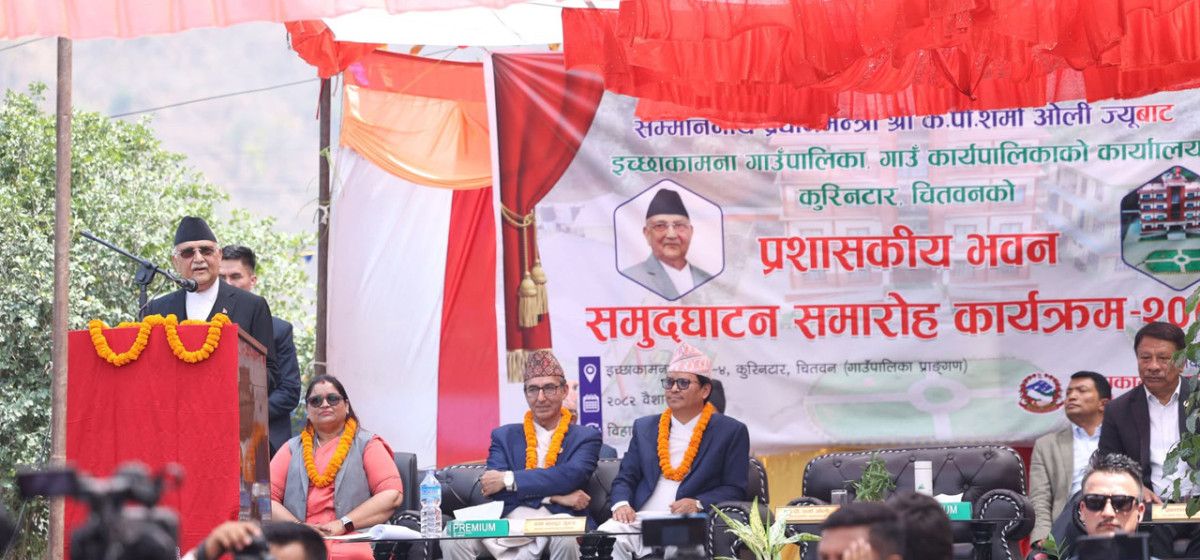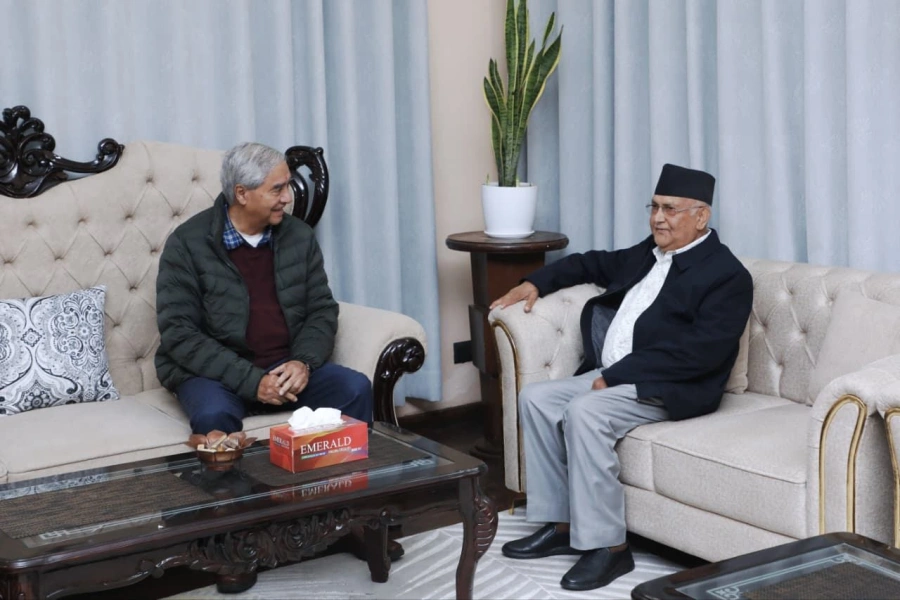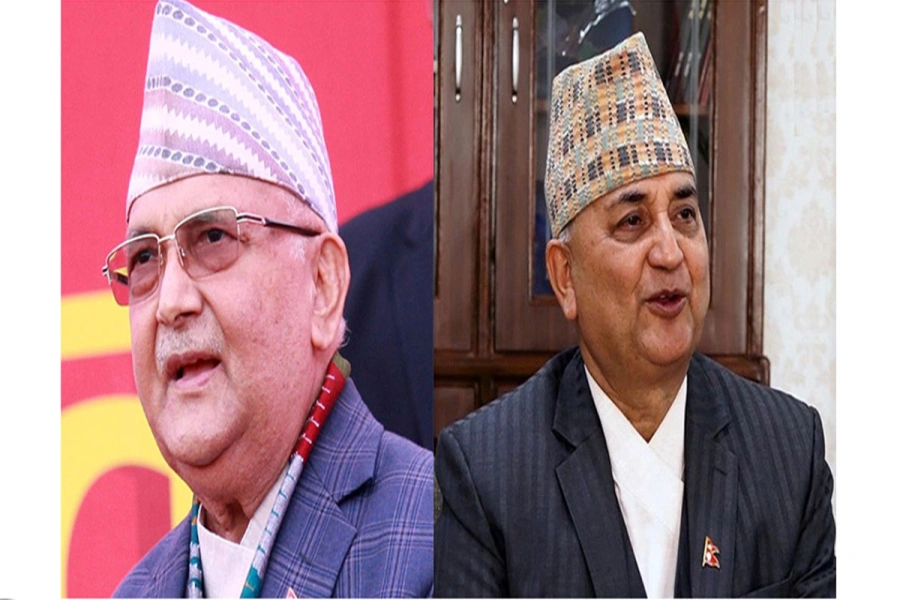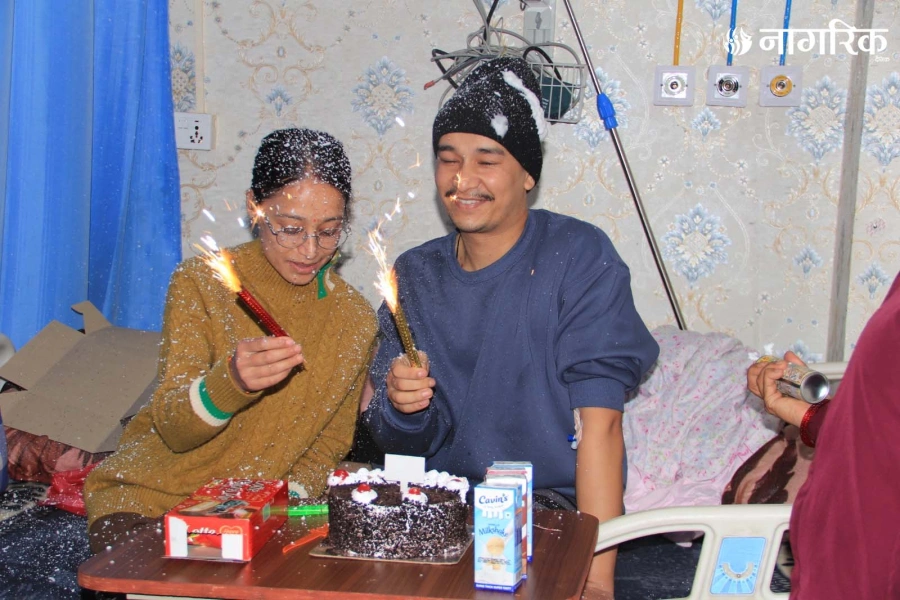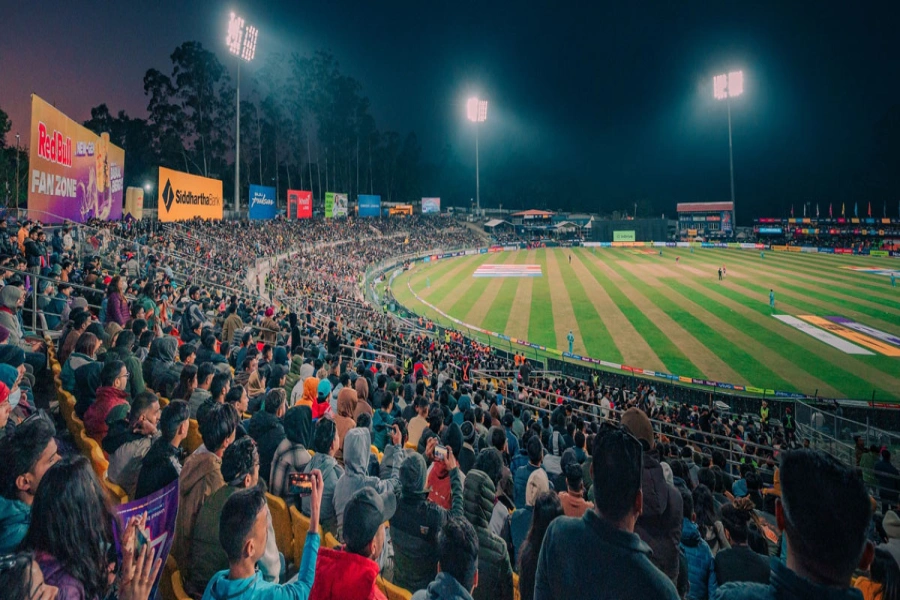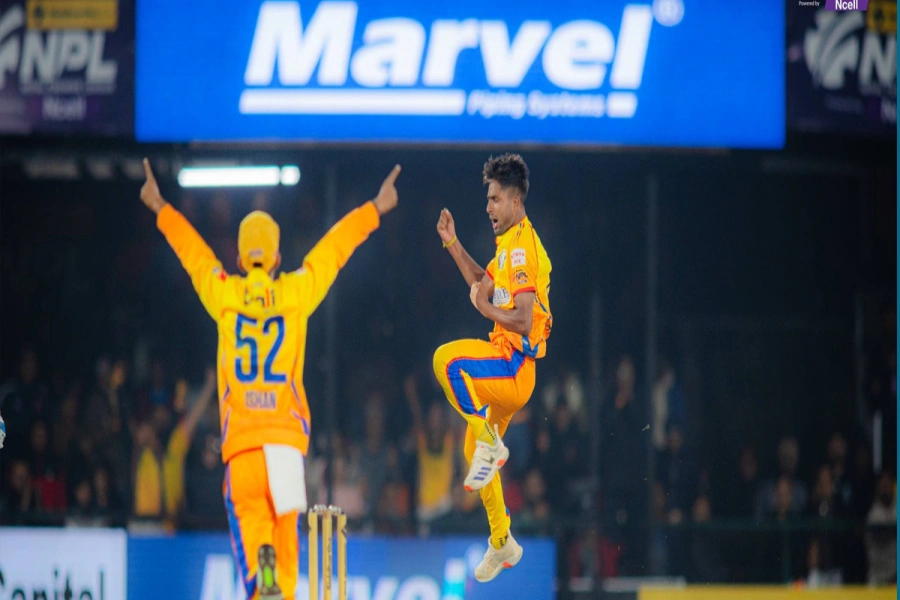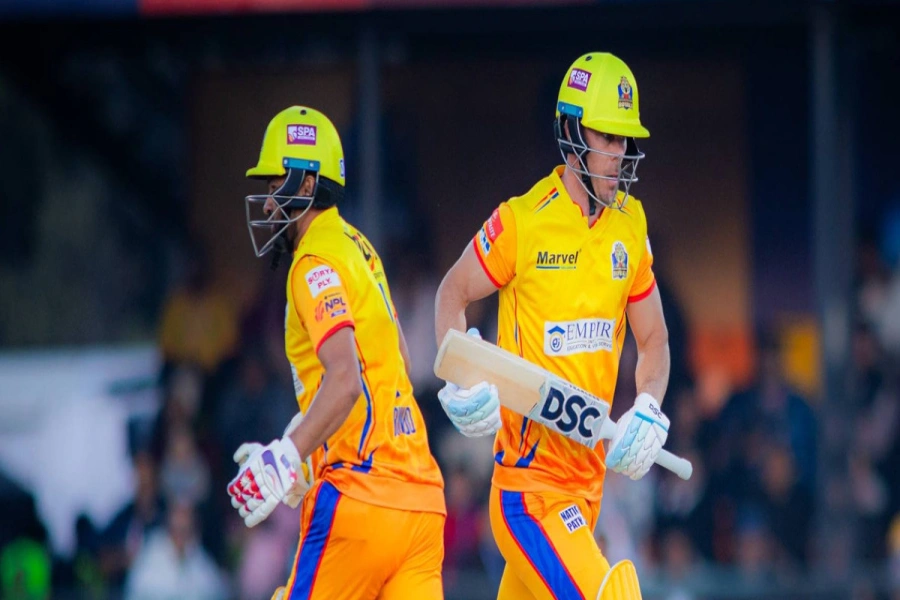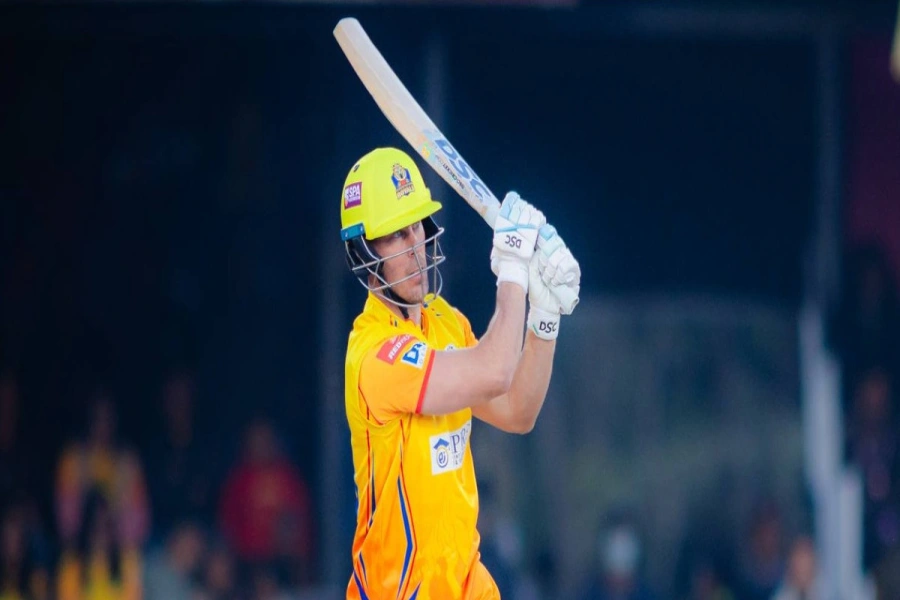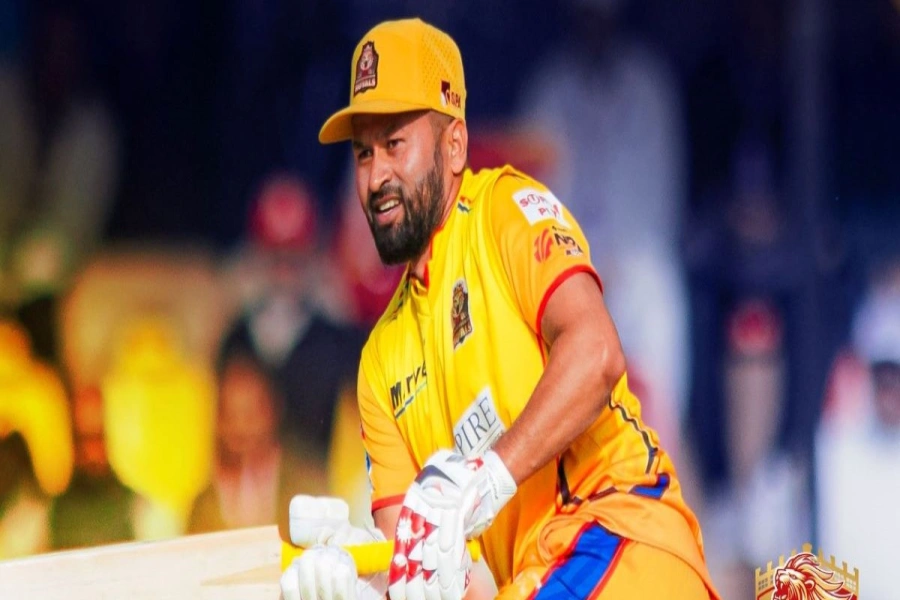"Is Nepal vanishing from the global/regional strategic radar?" asks Dr Bhattarai as Pompeo visits the Maldives, but not Nepal
KATHMANDU, Oct 29: Two events in the past two weeks have stirred fresh debate and controversies among Kathmandu's diplomatic and political circles: visit of the chief of the Research and Analysis Wing (RAW), Samant Goel, to Nepal and the visit of US Secretary of State Michael Pompeo to South Asia. Pompeo chose to visit the tiny Island nation, the Maldives, India and Sri Lanka, but not Nepal.
Debates have sparked if the visit by India's spy agency chief close on the heels of the visit of Indian army chief to hold a one-on-one meeting with Prime Minister Oli indicated Indian authorities dealing with Nepal at the level of bureaucracy, with a section of people in Nepal describing it as an attempt by the Modi government to hand over Nepal policy to the spooks again as Modi’s visit to Nepal in 2014 had elevated the relations to the political level. Some even see this as an ominous sign to Nepal's political course as many believe that the RAW was the key architect of Nepal's often precarious political course in most occasions in the past few decades.
Rumors are already rife in Kathmandu that New Delhi is planning to oust Oli from power and elect Janata Samajwadi Party leader Dr Baburam Bhattarai as prime minister yet again although he has already refuted media reports that he had a meeting with Goel. Some have tried to substantiate the rumors as true as Bhattarai was named the chairman of the federal council of Janata Samajwadi Party (JSP) just a day before Goel landed in Kathmandu.
Change of Guard and OBOR

Although a section of Nepali Congress (NC) leaders have called for summoning the winter session of parliament at the earliest for what they describe as holding discussion on the government's response to the COVID-19 pandemic, a section of conspiracy theorists see this call as a plan of rival factions within the ruling NCP and opposition parties to register a vote of no-confidence motion and eventually oust Oli from power. Prime Minister Oli had decided to abruptly prorogue the budget session in early July amid heightened intra-party conflict after Chairman Dahal and the party's senior leader Madhav Kumar Nepal sought his resignation from the post of prime minister.
Former ambassador Dr Dinesh Bhattarai, who also served as the foreign affairs advisor to the former prime ministers Sushil Koirala and Sher Bahadur Deuba, said the visit by the RAW chief at this time of diplomatic crisis between the two countries in the wake of Nepal releasing a fresh political map does not augur well to bolstering ties between the two countries. "When Indian Prime Minister Narendra Modi visited Nepal in 2014 after a hiatus of 17 years, we all believed that our relations with India had been elevated to the political level. But the visit of RAW’s chief to hold a meeting with Prime Minister Oli has changed that perception," said Dr Bhattarai.
Political observers in Nepal argue that it is the old tendency of most top political leaders in Nepal to solicit support of external powers, mainly India, to prolong their stay in power when they find themselves politically vulnerable. Prime Minister Oli is battling within his party as rival factions have exerted pressure on him to step down. Relations with Chairman Dahal have been worsening after Oli failed to oust Chief Minister of Karnali Province Mahendra Bahadur Shahi. Oli has held a series of talks with Madhav Kumar Nepal, another senior leader of the party, to save him from any eventualities.
But NCP insiders say the talks between Oli and Nepal have not yielded any positive results as the latter has already stood against Oli's unilateral decisions related to the party and government. Among other things, senior leader Nepal has insisted Oli to implement 'one man, one post' policy within the party. Prime Minister Oli has opposed this idea as this will not only make him give up one of the two posts -- prime minister and the party chairman --but also force a number of his trusted men to lose their key positions in the party and the government.
There is an intense debate going on in Kathmandu about the possible breach of protocol by the prime minister breached by extending an invitation to Goel and if the Indian establishment had sent an 'ominous message' to Nepal at a time when the relations between the two countries have reached their lowest point. Many have started asking questions -- Why did Pompeo choose to visit the Maldives, but not Nepal? Does this indicate that Nepal figures nowhere on the global and regional strategic radar?
The first politician to raise this question is former Prime Minister Dr Baburam Bhattarai. "At a time when there is a hue and cry about who came to Nepal and went away, I am instead worried if our country is vanishing from the global/regional strategic radar," said Bhattarai, who earlier refuted media reports that RAW Chief Goel had held a meeting with him. "Leaders of major powers are in small nations like the Maldives and Rwanda, but why are they not coming to our country? You need to understand your own status when beggars and rats also choose to avoid visiting you."
A section of people believe that Pompeo might have avoided visiting Nepal as the fate of the implementation of MCC Compact still hangs in balance, and there are no other major agreements with the US in the pipeline. Others believe that the US has yet again outsourced its foreign policy towards Nepal to New Delhi. "While it is understandable that India, the Maldives and Sri Lanka are strategically more important than Nepal to the US, it is also important to see if we lobbied for his visit to Nepal," argued Prem Khanal, who heads the Department of International Relations and Diplomacy at Tribhuvan University.
While in India Pompeo and his Indian counterpart reached an important agreement between to bolster their ties to tackle the 'threat posed by China'. The US announced the establishment of a residential embassy in Male on the occasion of Pompeo's visit. Sri Lanka is considered one of the most important countries in the US vision of free and open indo-pacific. "Although US officials repeatedly say that the US does not look at Nepal through the lens of New Delhi, it appears that Washington does indeed formulate its Nepal policy through New Delhi's lens," argued Khanal.



